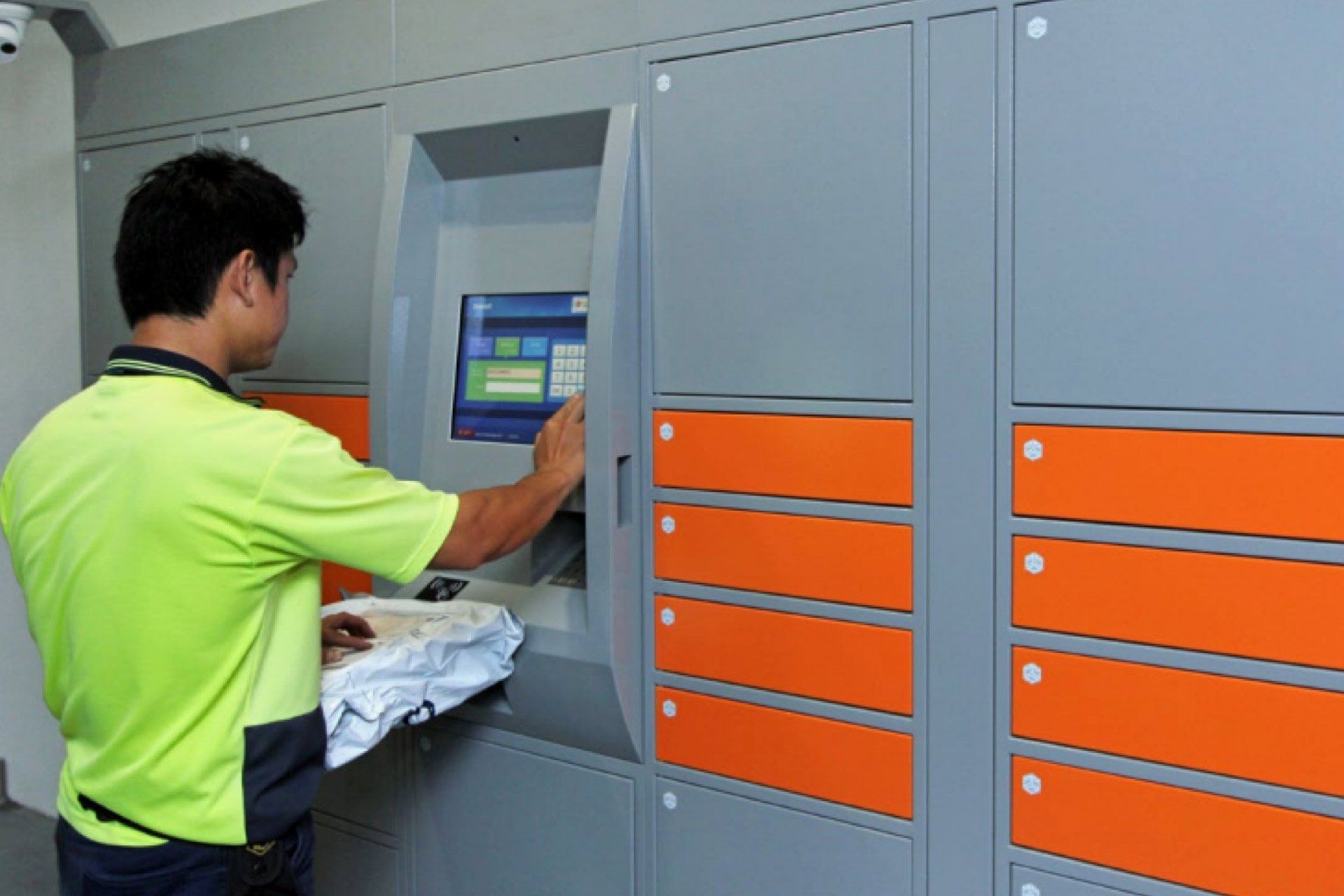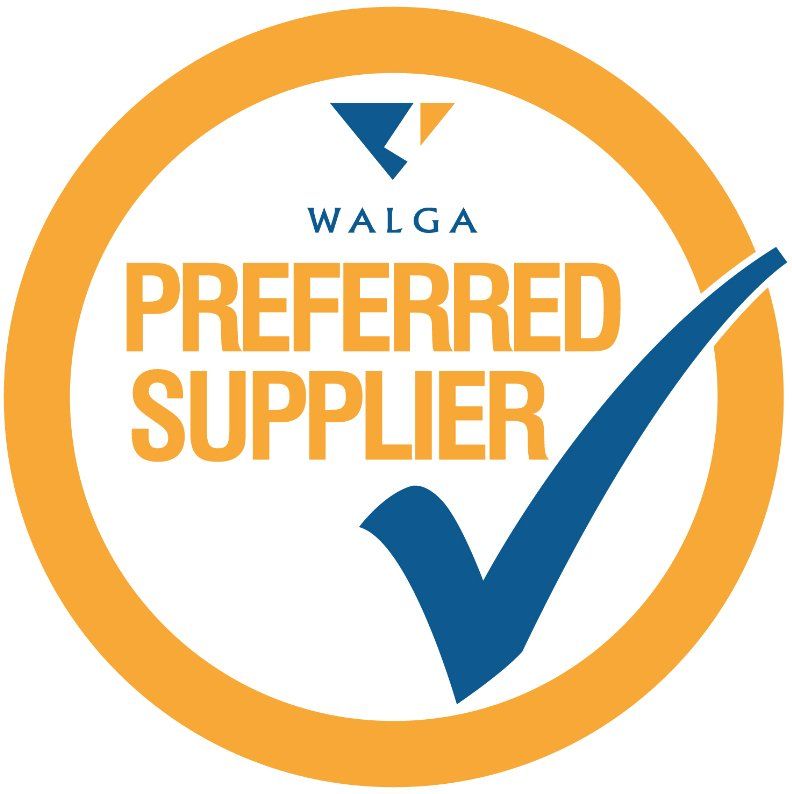The benefits of a security system for your business
- By websitebuilder
- •
- 06 Mar, 2017
- •
As a business owner, you want to make sure that your assets are protected from loss.
The best way you can do that is with a commercial security system. By having one installed, you can protect yourself from the public and from employees who have light fingers.
In this blog, we are going to look at how security system is a beneficial investment for any business.
Avoid shoplifters
Theft is part and parcel of owning a business. Studies suggest that between 1-2% of a business’s inventory is stolen each year. But it doesn’t have to be that way. By having a visible camera system in your business, you can deter shoplifters.
And for those brazen enough to steal while on camera, they will have all their actions recorded. The police will be able to use the footage in their investigation to catch the people responsible.
The safety of your employees
As a business owner, it is your responsibility to provide a safe working environment for your employees – after all, they are your greatest asset. A security system is a way to provide that.
By having things like video monitoring and restricted keying systems, your employees will feel much safer. When employees feel safe in their work environment, they are generally known to be happier and more productive.
Reduction of insurance premiums
Many insurance companies will offer clients a discount on their monthly premiums if they have a security system installed on the premises. This reduces the expenditure of your business, which positively affects your bottom line.
Decrease employee theft
As employers, we hate to think of it, but some of the people who work for us are going to steal from us. A security camera on site will be a huge deterrent to employees who might be tempted to indulge in theft.
By strategically placing them throughout the business (particularly in areas where money is kept), you will be able to catch anyone in the act. The added benefit of a security camera is that employees will work harder because they feel they are always been monitored.
What else can you do?
If you have valuable assets on your premises, it would be prudent to have a safe installed. There are many different models on the market today to suit a range of purposes.
The other thing you can do, especially if you have a high turnover of staff, is to regularly change your locks and the codes on your digital access system.
Regardless of the size of your business, a security system can be beneficial to your business. As mentioned before, it prevents loss from your business, which directly relates to how profitable your business is.
But it does more than that. It also gives you, the business owner, peace of mind that you are protecting your business.
We hope this information has been helpful to you. If you need a quote on a safe, restricted keying systems or locks, contact the team who have been providing locksmith services to Perth for over 20 years.
Burglaries have been happening since we invented places to keep our belongings, kicking off a cat and mouse game that has seen the development of more secure locks and better alarms, screens and other devices designed to keep criminals at bay. But while the best way to minimise theft is still locking your doors and windows, the items that burglars are most interested in have changed over time. Whereas a decade ago, DVD players were among the most stolen items, more recently burglars have been looking for mobile phones and tablets.
According to Dr Rick Brown, Deputy Director of Research at the Australian Institute of Criminology, “there’s an acronym used within criminology – CRAVED, which stands for concealable, removable, available, valuable, enjoyable and disposable. Those are the features of the items that tend to be stolen as hot products in the market.”
Here are the top things burglars are keeping an eye out for when they gain access to your home or office – things that are easy to carry and easy to sell.
Cash
Cash is still the king, even as most of us are increasingly shifting to using cards for payment. Cash is often the first thing a burglar will look for, especially in a purse or handbag. “The key thing that remains similar year to year,” explains Dr Brown, “is that it’s about stealing things that are ‘liquid’, meaning cash itself or things that can easily be turned into cash.”
Laptops
“Some electrical items now tend to be lower down the list,” says Dr Brown, “either because they’re increasingly getting too large to steal – as in the case of televisions – or the price of them has come down so much that they tend to be less favoured.” But don’t be fooled. While it’s a pain to lug a desktop computer, a portable PC like a laptop or even a tablet is the perfect size and weight for a speedy getaway. In the past, such items would be sold at pawn shops or off the back of a truck but these days, the market is larger online.
Jewellery
Portable, valuable and easy to steal, jewellery is a great option for a thief looking to quickly turn gold into cash (silver and precious stones are also high on the hit list). But as is the case with other burglaries, a bit of prevention goes a long way. “My number-one tip would be to make sure doors and windows are secure,” Dr Brown says, “This prevents those walk-in burglaries, which account for a significant proportion of burglary offences.”
Car keys
In the past, high-end cameras have been a preferred target thanks to expensive lenses and accessories, but now it seems opportunistic thieves have their eye on something new. “There has been a trend towards the theft of car keys because of the difficulties in stealing cars without the keys,” Dr Brown says, “It’s not yet at a level that puts it in the top five but it’s one of those issues that’s rising.”
Mobile phones
In 2001, mobile phones were ranked the seventh-most popular target for thieves in NSW. By 2010 they’d jumped to fourth place, taken in 15 percent of burglaries. The message here is, don’t leave your phone lying around. But if it is taken, having a ‘find my phone’ app activated might help you track down the thief via GPS.
When you call a locksmith to change the locks or install new ones in your home or work premises, you are essentially putting your trust in the locksmith. You trust that they will do a good job, that your property is safe and that your keys have not been duplicated. Not that it guarantees anything, as by the nature of their job, locksmiths can get into any property at any time. Who else do you call when you lock yourself out of your home at 3am?
That’s one reason why, when you do need a emergency locksmith, you want to deal with a professional company with a well-established reputation. You won’t last very long in this industry if no one trusts you. But, did you know that The Security and Related Activities (Control) Regulations 1997 stipulates that any work carried out on a lock, with some minor exceptions, must be carried out by a Class 4 (minimum) Licensed Security Installer?
This information is provided by The Master Locksmiths Association (MLA), an independent professional body, and the main organisation for locksmith professionals in the Pacific region. With close to 1000 members, they provide a wide range of locksmith and security services throughout Australia, New Zealand, the Pacific region and South East Asia. Almost all established locksmith companies are members of the MLA.
Their members are well-trained security professionals with a high level of expertise. All members have been checked by the police and are required to stick to a strict ethics and behaviour code. They are also all required to acquire the appropriate licenses in their state of operation.
When it comes to installing security locks, the law is quite specific. For example, fitting deadlocks, deadbolts, deadlatches, patio bolts, mortice locks and window locks may only be carried out by licensed security installers. This is especially important for businesses who need lock work done but are often unaware of the legal requirements or even of the various types of locks available.
In fact, the only type of lock not required to be installed by a licensed practitioner is a key in a knob lockset.
When it comes to the safety of your family, your home or business, you don’t want to compromise. You want to ensure that the company you deal with is licensed and that all their employees comply with all police requirements. When you do call a locksmith, be sure to ask for their industry license or MLA ID card.
If you want to be sure of a qualified and friendly bunch of locksmiths, ones you can trust to do the job right, and who have all the necessary qualification and police checks in place, Contact Commercial Locksmiths.







-88x87-1920w.png)